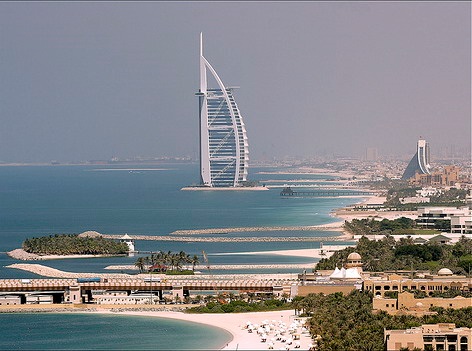The Wild Wild East - Jan. 2009
accutane without dermatologist
buy accutane
cream antibiotic without prescription
amoxicillin price without prescription
redirect amoxil without prescription
abortion pill online philippines
abortion pill philippines
Lebanon is saddling up to ride the wave of real estate investments expected to arrive with a posse of hungry investors looking for new frontiers. But before sprinting into action, a quick overview of the Dubai debacle is teaching everyone to rein in their ambitions before they start galloping wildly into unsure horizons.
The fledgling Dubai market has never been a stable place for investments even during the best of times; many say there are too many 'gung ho' cowboys with cash to throw around but not enough rope to lasso their thirst for 'easy money'. This creates a casino-like market where people are not investing but rather gambling with shares and hoping for massive returns in the shortest period possible.

Trading volume on the Dubai Financial Market (DFM) lost nearly 8 billion shares, down to 2.62 billion last month from 10.2 billion shares in December 2007.
According to a new report by HSBC, property prices in Dubai declined by 23% last month. For the first time, the survey measured the actual prices at which properties were purchased and sold.
The report, released by the UBS Investment Bank, indicates an 8 percent drop in population this year, leading to an oversupplied market and initiating a 30 percent decline in home prices within the next two years.
Researchers at UBS Investment Bank indicated that a slowdown in the housing market, apart from the challenging macroeconomic conditions, may result in decreasing the number of foreign workers moving into the region in search for jobs, and reducing the supply of investors attracted to local ventures, especially in real estate.

With decreasing sales, real estate companies in Dubai and other emirates have been laying off staff, reducing marketing budgets and delaying projects. This in turn has affected a great number of related businesses, including construction companies, advertising firms and contractors.
The same report projects that in case the property-related labor force drops by 20 percent this year, and by another 10 percent next year, then Dubai's housing market would be inflated by 87,000 units, a surplus which constitutes 27 percent of the total properties stock in the Emirate towards the end of next year. Such a situation could decrease prices from 30 to 50 percent or more, the report stated.
With increase in job layoffs, it is likely that more families would leave the country, thereby increasing the availability of vacant apartments and villas. In addition, about 32,000 new housing units are likely to be released this year, which would further increase the number of units available in the market.
In the midst of so many unknowns, there remains one certainty about the Dubai real estate sector: supply and demand will need to reach a sustainable balance, or else the infant property market is in for some serious growing pains.
Abdallah Hayek P.E
CEO
Hayek Group s.a.r.l
Beirut - Jan. 2009
Back To Newsletters